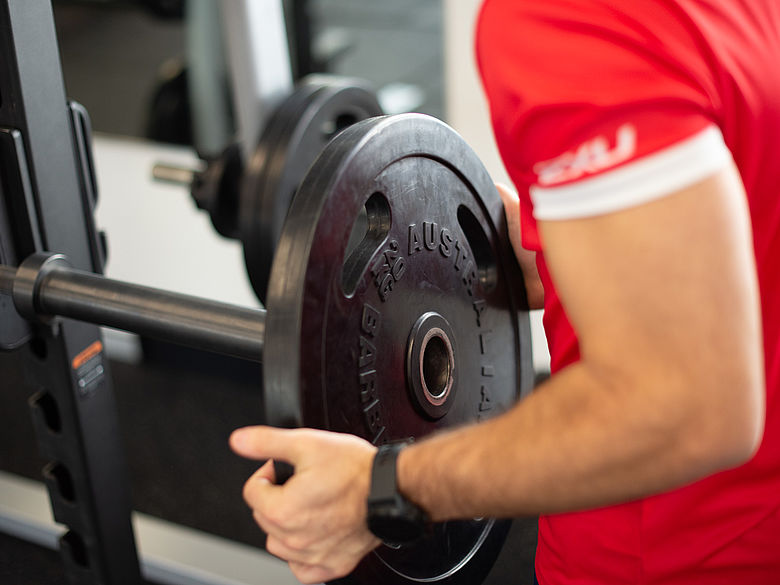With the easing of restrictions to various degrees, things are returning to “normal’, or rather we are seeking to redefine what normal means. Avid exercisers are returning to the gym with great fervour. For some it will be the first time in near 2 years, others saw only a brief hiatus. Many have continued some form of training: outdoor, online, or in lounge rooms and AD HOC home gyms. Others have been doing very little, regular walking at best.
Regardless, of circumstance there will be a desire to ‘get back into it’. What that looks like will be different for everyone. Any pause more than 2 weeks would dictate the same approach in returning to training after a break, be it from injury, holiday, or global pandemic. It would be the same approach when taking a de-load from training. As with starting any new exercise program, when returning to exercise, there is a risk of injury. Particularly for those who go too hard, too soon, or don’t follow a structured training program. This is where the support of a fitness professional (personal trainer) really shines through. As well as keeping you accountable to your training and goals, your trainer’s job is to provide you with a structured training plan. This will provide progressive overload and manage factors ensuring you progress safely and effectively. Injury aside, going too hard, too soon could leave your feeling too beat up to train from debilitating DOMs.
So how can you maximise your time in the gym but minimise the risk of injury and a quick derail? First, curb your enthusiasm. Start slow and ease into it. Focus on getting through each work out feeling good. Emphasise and refine technique and reintroduce movement patterns for the initial couple of weeks.
Manage your expectations. Understand and acknowledge that you will not immediately rebound to your previous fitness level. Initially you may not run as fast and far, or be able to lift the same weight as before. It is understandable to be disgruntled at a loss of fitness and strength when coming back to the gym from a hiatus.
Use this as motivation to progress and get stronger. Set yourself the challenge of surpassing where you were at previously.
Put ego aside. Nobody cares how much you used to lift. From a numbers perspective, start with 40-60% weight of what you were lifting previously. This will help you manage the volume of each workout (sets & reps), training intensity and load (amount of weight you lift), leaving you fresh & ready to tackle the next session (and ones after that).
Oftentimes, a break from training can be of benefit, rekindling a love (tolerance) for exercise and identifying a need for regular training and healthy lifestyle. Re-work on building positive momentum around your training, and work on habits that allow for progressive overload. Play the long game of accountability, consistency and discipline. Stay consistent, after 2-3 weeks of regular training, you should see a return to form and tour de force performances coming anew.

